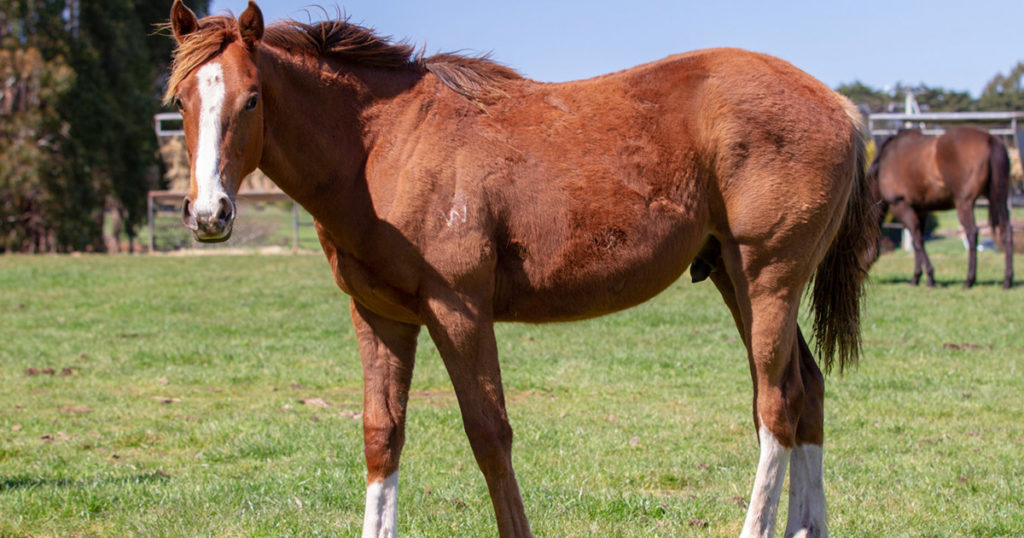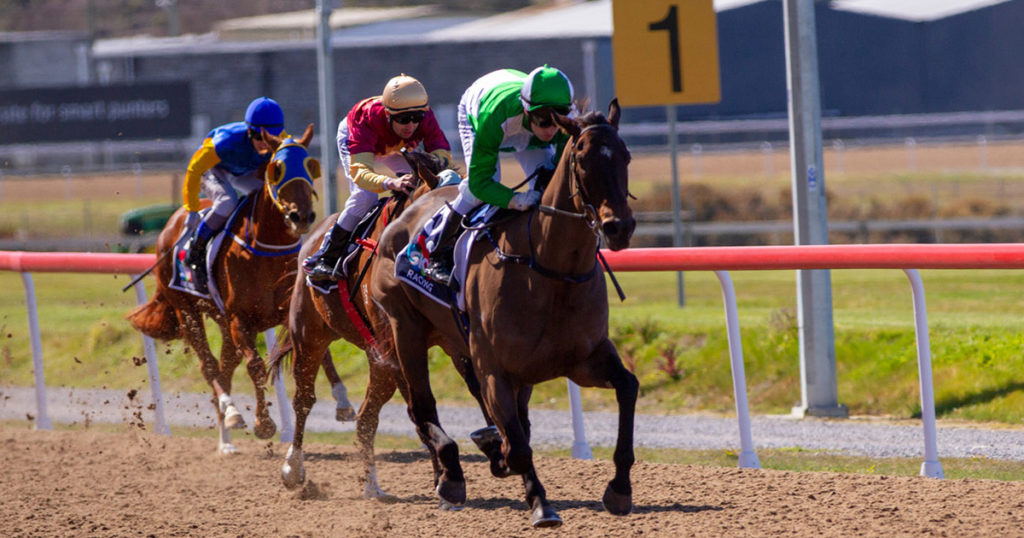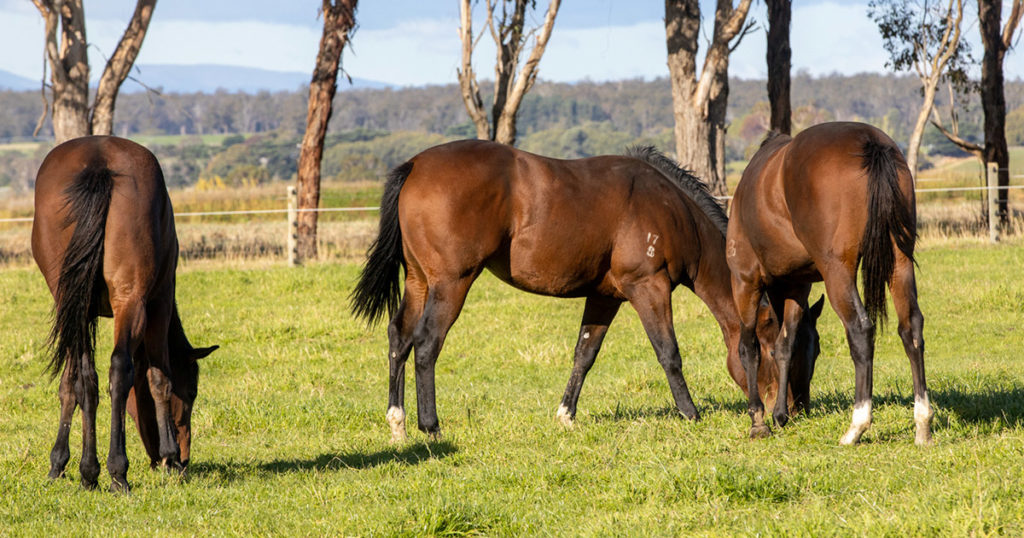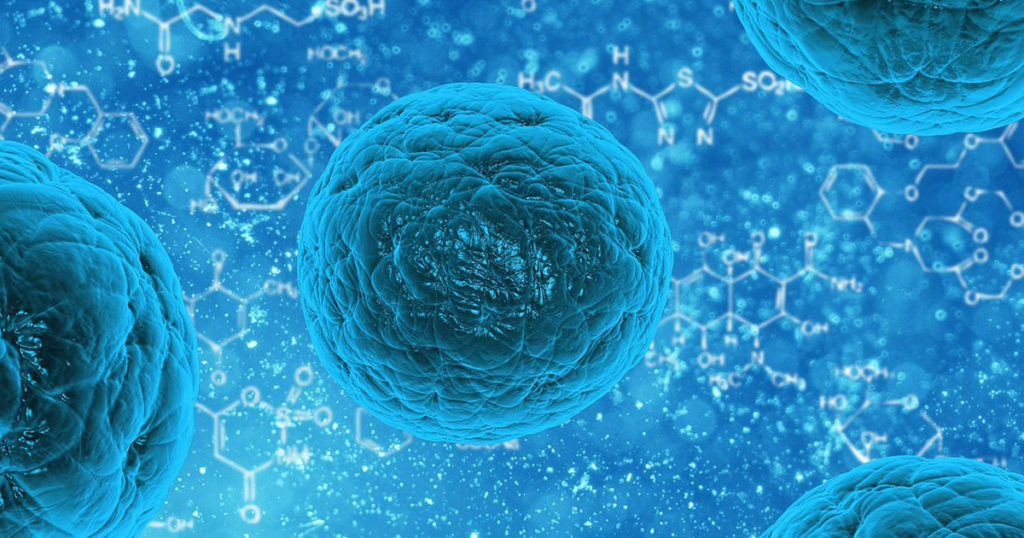From spring through to autumn (fall) mare behavioural and reproductive issues often come to the fore.
Mares and fillies who exhibit overtly hormonal behaviour can be a real challenge and frustration for riders, trainers and owners. At the other end of the spectrum, broodmares who fail to maintain their pregnancy can cause significant financial loss and disappointment for owners and stud managers.
In both instances, one of the first things many do is use the drug altrenogest in their fillies or mares.
Altrenogest, commonly referred to as Regumate or Readyserve (two of its trade names) is a synthetic progesterone product used to suppress oestrus in mares (and often used with the intention to help ‘maintain’ pregnancy in ‘problem’ pregnancy mares). It is the first choice by many horse people to help ‘control their marey-mare’.
Whilst the health issues associated with the use of altrenogest in horses are extensive, it’s well worth being aware of health implications in humans.
Scarily, altrenogest is routinely viewed and handled as a relatively harmless substance. Yet this drug can cause significant hormonal and health problems to humans who come into contact with it. Altrenogest has been widely reported to the Food and Drug Administration (FDA) for its adverse effects in both men and women. Exposure is most commonly reported following drug contact with the skin, but it is important to note that some reported exposures occur in conjunction with touching product residue on barn surfaces, equipment, and treated animals. Put simply, you don’t even directly have to handle the drug to suffer adverse health effects from it.
The most significant noted health implications of human exposure to altrenogest involve reproductive system issues, including abnormal menstrual cycles in women (changes in bleeding frequency, pattern and amount). Girls as young as 14 years old have been effected- an alarming consequence. In men, decreased libido has been reported. Headaches, fever, abdominal pain, nausea, diarrhoea, vomiting and skin rashes have also been associated with exposure to altrenogest.
The labelling for all altrenogest products include warnings against human exposure as the hormone is readily absorbed through intact skin.
It’s easy to think that wearing latex gloves will protect us from the harmful effects of this medication. But this is a misconception: latex allows the passage of altrenogest through it, which can then penetrate the skin. Once altrenogest has been spilt on the gloves and soaked through, it is then more readily absorbed by the skin rather than passing back through the glove. Essentially this practice creates an ‘altrenogest patch’.
When it comes to the use of altrenogest in fillies and mares, it is important to remember that the causes of hormonal problems and imbalances may be due to many factors. As too is the failure to maintain pregnancy.
Feeding practices, nutritional status, inflammation, body composition, the use of certain medications, gastrointestinal health and stress levels all play very important roles, yet are commonly overlooked.
Appropriately prescribed herbal medicines and nutritional supplements, alongside sound dietary and management practices can significantly help the ‘hormonal’ mare or filly and her behaviour. For the mare to be bred, they can also help to support conception and healthy foetal growth and development.
Understanding why a mare or filly exhibits overtly ‘hormonal’ behaviour is really important to promote overall best health and performance. In the case of pregnancy loss, identifying and addressing contributing factors specific to each individual mare can help result in the best possible outcomes.
Simply manipulating hormone levels through the addition of synthetic progesterone rarely helps to address the causes in either case: it just ‘bandaids’ them.
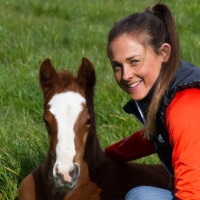
Camilla Whishaw is a highly regarded, experienced horsewoman and naturopath, helping to holistically treat and manage a broad range of equine health conditions and injuries, with a passion for mare and stallion fertility.
As a world-renowned practitioner, presenter, author, and consultant in the field of Equine Naturopathy, Camilla shares her knowledge through keynote presentations, interviews, lectures, panel sessions, and workshop training.


